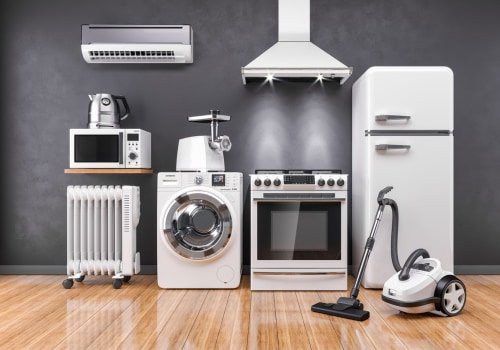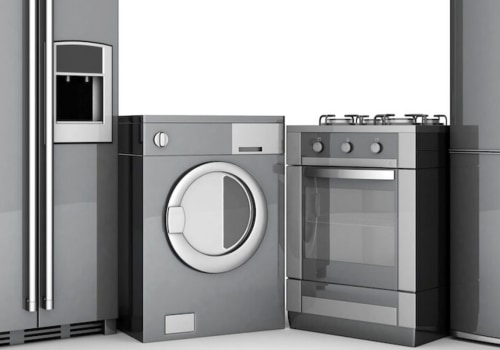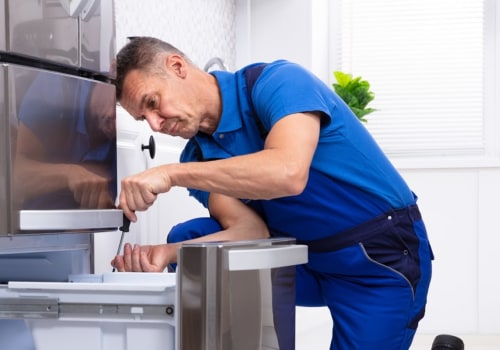Whether it's a refrigerator that no longer meets your family's needs or a noisy dishwasher that barely cleans anything, below you'll find the definitive guide to exactly when it's time to use these old devices. Take note of these tips and timelines from the experts so you don't get stuck regularly in using something that can't meet what it's supposed to do. Unfortunately, these items are not designed to last forever and it is important to maintain their lifespan. You shouldn't risk anything that could catch fire.
The average service life of a stove and oven is up to 15 years, occasionally more if you opt for a gas cooker. If it's already clean, you may need to replace it. In case it doesn't turn on, your gas stove has a faulty spark lighter and loose wiring is a fire hazard, so you should repair or replace it as soon as possible. Consider age, repair cost, price, energy efficiency, and whether you should modify your kitchen to fit a new unit.
It can be tempting to update or replace items that break with something better. However, you should consider whether you really need to replace or upgrade. Most of the time, a less expensive and less difficult option may be better overall. These category rebates could be used items or they could be new, less expensive to maintain.
Degraded items can also work with human energy, which can also be better for your health. As much as you try to avoid it, every appliance in your kitchen will eventually need to be replaced. The complexity of the problem and the age of your appliance will determine when is the right time to start shopping. Keep in mind that older appliances, which will no longer be covered by a warranty, will end up costing more money both in repairs and energy efficiency eventually.
If you're already spending thousands of dollars on a high-end appliance, it might be worth adding an extended warranty, as more expensive appliances will also cost more to repair and replace them. Like most things in your home, your appliances will suffer from normal wear and tear and will need to be repaired or replaced, especially the ones you use on a daily basis. When an appliance is old and does not work efficiently, it is easy to decide to replace the machine rather than repair it, rest in peace. Notini, from the Appliance Manufacturers Association, says that if you plan to stay in your home for 10 to 15 years, upgrading appliances is a good idea.
The closer your appliance is to its hypothetical expired expiration date, the wiser it will be to replace it rather than repair it. To better see how long your main appliances will last in your home and how much you should expect to pay to replace them, here's a guide to when you should replace your common appliances. For lower and upper freezer models, consider repairs only if the appliance is less than seven years old. Once an appliance starts to break down, you'll have to decide if it's worth repairing or replacing it.
Even with the best maintenance, most appliances won't work properly after their lifespan, and if you start to notice that your appliance is malfunctioning, it may be time to replace it. If you know how to handle a socket wrench, you may be able to perform simple appliance repairs yourself and save labor costs.




